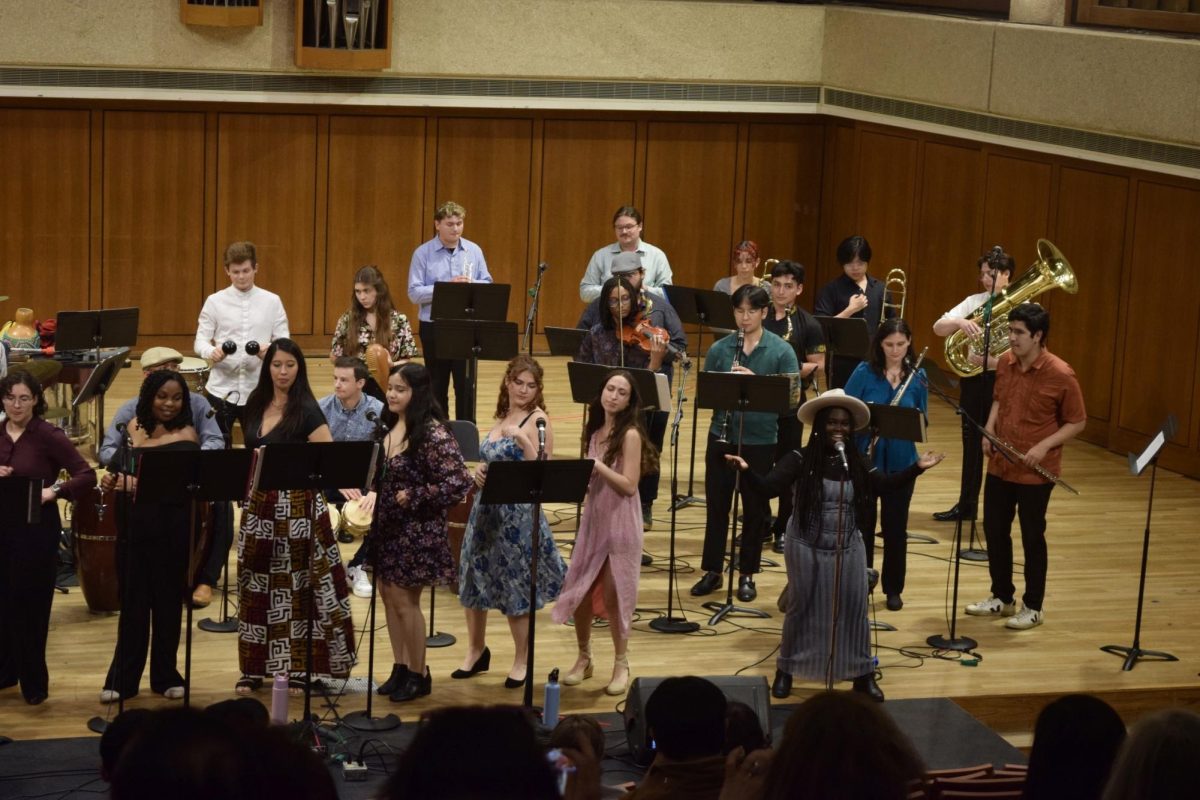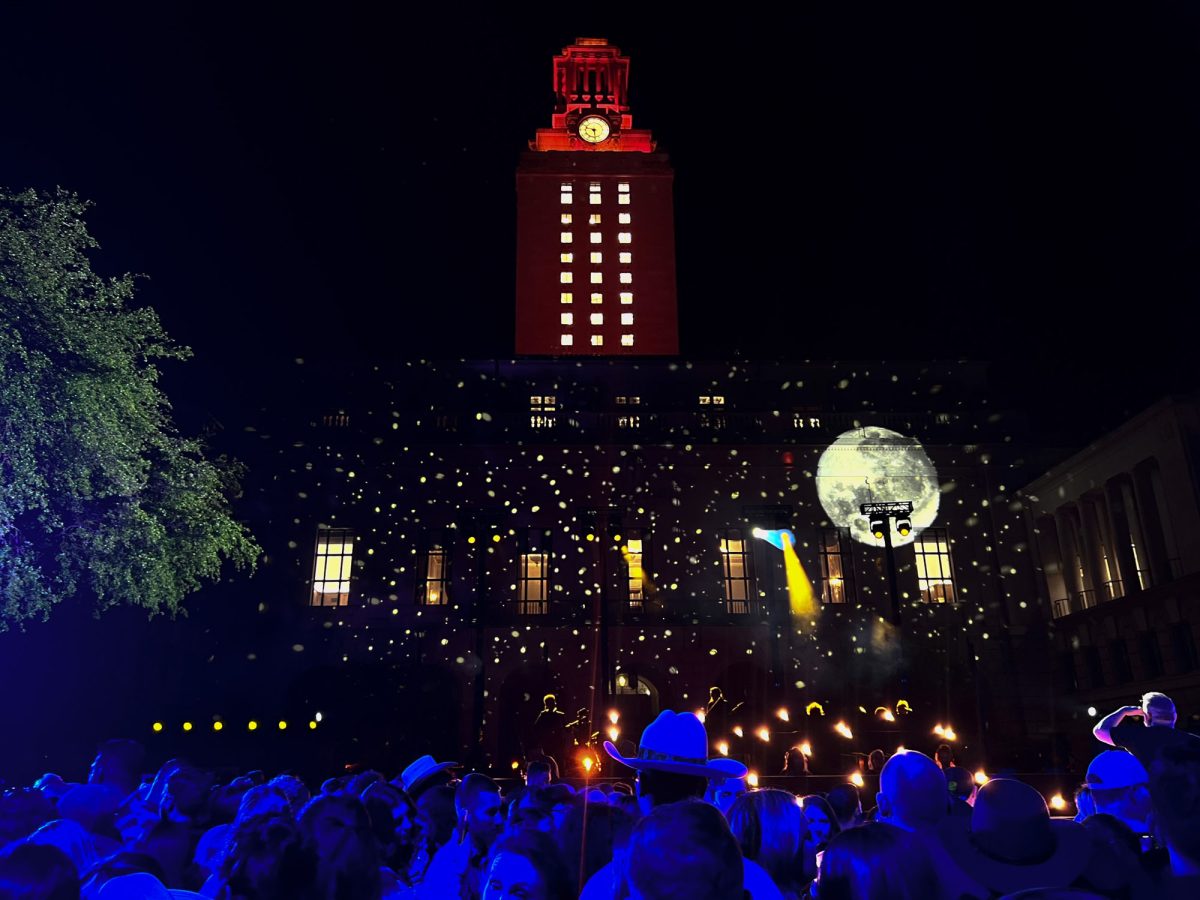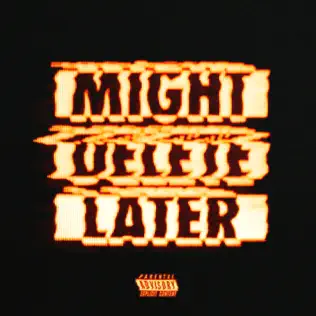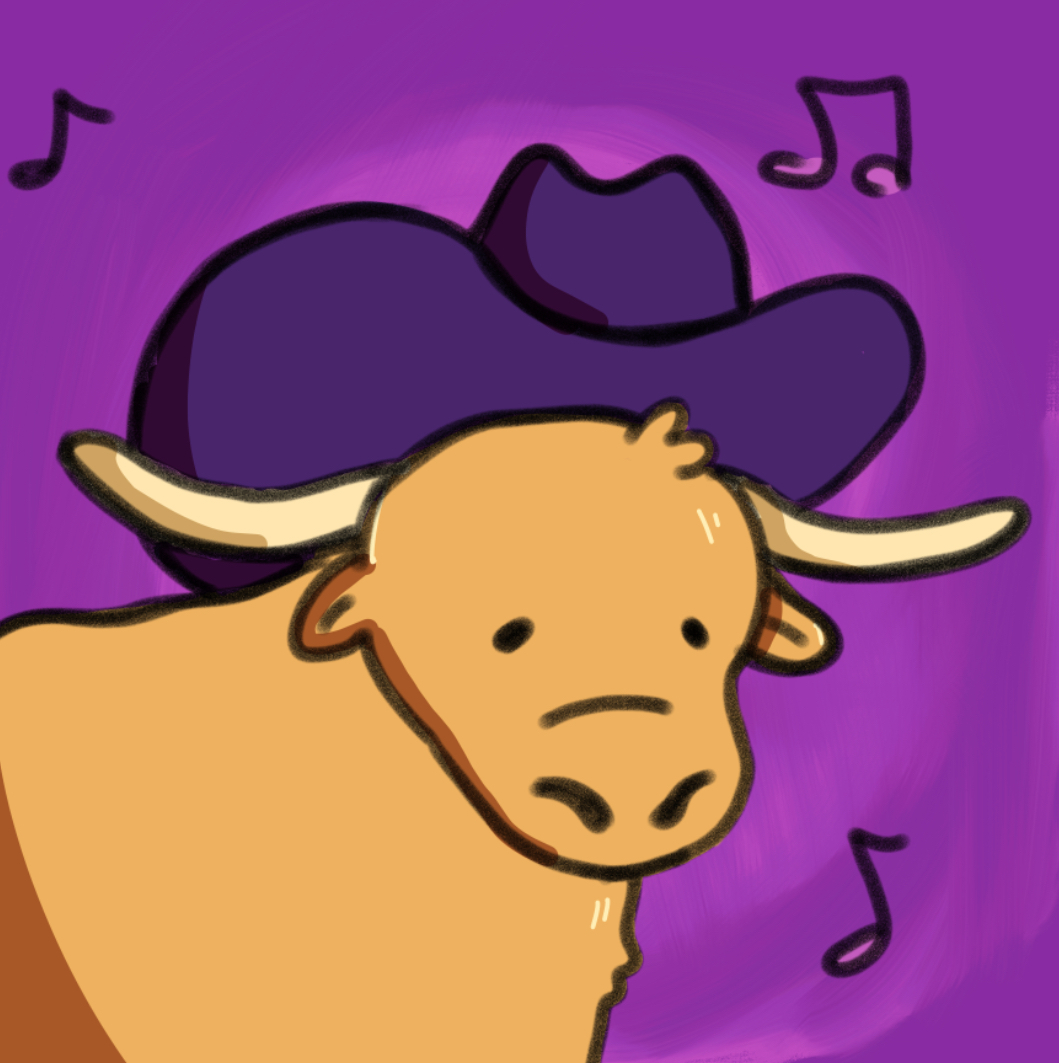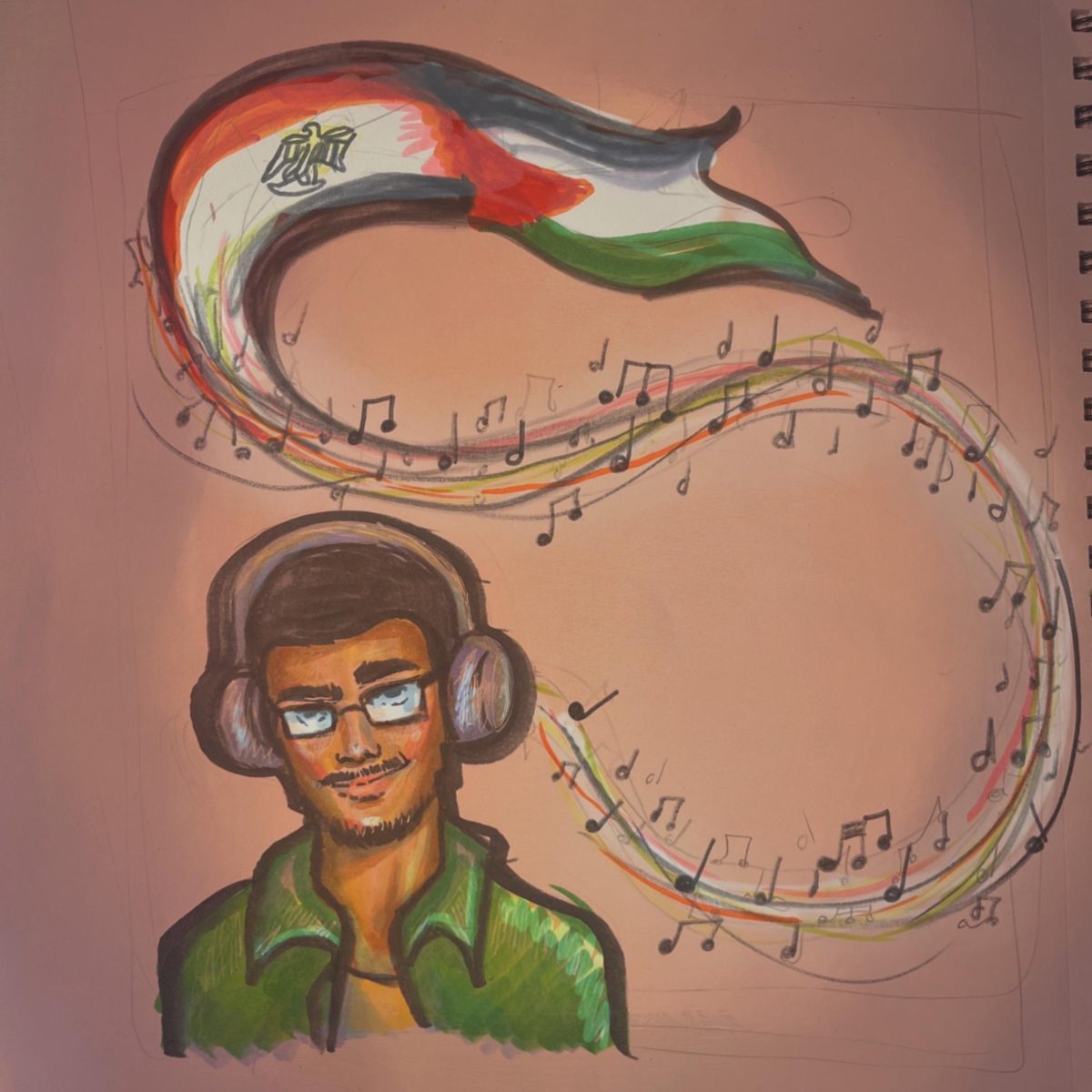For such an accomplished musician, Ray Benson, the frontman for western swing band Asleep at the Wheel, is hardly pretentious. In fact, he concerns himself with the worries of the common man. During the interview he was keeping an eye on the election results, ruing another four years of Gov. Rick Perry. Perhaps this every-man attitude has led to his extended success as a musician, keeping him clean of the tabloid drama that ruins so many musicians’ careers. This Friday he will be celebrating his success with the current members of Asleep at the Wheel, alumni of the band and Willie Nelson as they play a 40th anniversary concert for the band.
The Daily Texan: What has made it possible for such longevity in the music business?
Ray Benson: More as a band than a songwriter. They’re two completely different things. Hell, when I started the band I was 19 years old when I started. And we figured 10 years maybe, that’d be really cool. When you’re 19, how old are you? 19. What do you think you’re going to be doing when you’re 30 years old? Gonna be dead you know, but it doesn’t happen that way. It’s pretty interesting, I never thought 40 years we’d be doing this. But now that I’m here it’s wonderful. I can’t see stopping at all. At 40 years things going to where it is, people really appreciate it now. It’s pretty cool.
DT: Do you feel, because you drew the distinction between a songwriter and a band, and since you’re the last remaining original member in the band …
RB: Yeah, and I was voted by myself and the other guys as the band leader. When we started the band, we realized that perhaps a democracy was not the best way to run a band. What we decided was that we would run it as a democracy until we couldn’t agree anymore. At that point I would make the arbitrary decisions as the band leader. And that worked pretty good, but you know, there were some really down times for me, you know. By 1980, the ten year time period I was talking about, it was kind of tough, things weren’t too great. We weren’t making a lot of money, didn’t have a record deal after ’81. And it was tough, and that’s when I totally took over. Took a lot of the guys back and said, I wanna go do our own thing or try something else, and I was left holding the bag and I said, “ok, I’ll continue forward.” That’s how it went.
DT: Since you are the last remaining member, do you feel like it’s more a 40th anniversary for yourself, or for the band and the ideology behind your swing band?
RB: Well certainly it is for me quite a milestone, but the band even more so because I’ve had so many wonderful people who’ve played into the success and that is a huge thing, at least, you know, there were so many people contributing to the success of the band by building on what they’ve done. So really it’s a tribute to all of the people who’ve contributed to Asleep at the Wheel. I was able to keep it going, but part of it is, yes I can write songs, yes I can play guitar, yes I can be the front man of the band but in the end, it’s about 30 years ago I had to take over all the business. That’s been the interesting thing for me. The business part is probably the hardest part. Playing the guitar, practicing, playing, singing and writing songs, that’s something I do naturally. The business is part is a little different, you have to compartmentalize in your brain and go, “ok, I’ve gotta take care of the business or the creative part won’t get a chance.” I always told everyone, “Well, we’re in show business. The show is really important but you also have to take care of the business.”
DT: With so many different members does the band, in your opinion, still have the same sound and feel, or has there been some evolution to the sound of Asleep at the Wheel?
RB: Yeah, definitely evolved over the years with all the contributions of all the different people. I started the band, I’ll be 60 in March. Dave Zanger, is my drummer, he’s been with me for 25 years, he’ll be 50 next year. Dave Miller, my bass player, is 40 and he’s been with me 18 years. Jason Roberts is 33 and has been in the band for 16 years, since he graduated high school. Elizabeth McQueen is 32 years old and has been in the band for six years. Dan Walton — he’s our new piano player — has been with us over two years now, and he’s 24 years old. So what I’m saying is we’ve had guys in their 20s, 30s, 40s, 50s, and 60s in this band. So in terms of competency this is one of the best bands we’ve had, not just like any of the bands. We’ve had incredible musicians, understand, and these are top notch musicians. The alumni that are coming back for the show we have 25 of our alumni coming back for the show. People who have worked with Bob Dylan, Merle Haggard, [David Allen] Coe over the years, and our fiddle player who’s been with every top 10 country record over the past 10 years, he’s a session player in Nashville. We had wonderful musicians throughout the years, and their all coming back for this reunion so it will be really cool.
DT: All of these former musicians have worked with renowned artists, and they’re great musicians in their own right, and you’ve worked with Willie Nelson and Jerry Wexler. How does it feel to have worked with all of these people, and can you look at that in light of you yourself being a Grammy-winning artist?
RB: I was a fan first, you know? And yeah it feels great. I’m not gonna pat myself on the back or anything. It’s why I got in the business, to work with people I feel are talented, legendary, and that I’m a big fan of. So that’s the plus of the whole deal.
DT: Back to Jerry Wexler. He was the man who coined the phrase “Rhythm and Blues” from “race records,” and was obviously influenced by black music in a time of musical segregation. Did he bring the influence of black music into your work with him?
RB: Absolutely, that’s what western swing is. It took the extremes of black music and combined it with rural country fiddling and songs and everything and brought the blues and the jazz and the swing. Black music was very akin to western swing. That’s why Jerry Wexler loved it. Jerry produced Aretha Franklin, Bob Dylan, started Atlantic records, which was the greatest R&B label from the late ‘40s through the ‘50s, Rolling Stones, etc. And why Jerry loved Asleep at the Wheel so much was because he also loved western swing because western swing and Texas music was a conglomeration of what I was just talking about — fiddle music, country music, and blues, jazz and swing, which was the black music experience of the ‘20s and ‘30s. So it’s that combination that’s really why it’s really cool. That’s why I play what I play. Because I love that kind of music, I play that kind of music, but I also wear a cowboy hat and wanna play fiddle music. Instead of doing it with saxophones, trombones and trumpets, we do it with guitars, fiddles, and steel guitars.
DT: I also know Louis Jordan was an influence of yours, and obviously you just told me you love black music, but when you were first starting your career was there any pressure to stick to more classical, traditionally white country music?
RB: Oh absolutely. In 1975, we had a big country and western hit record. I had written the song with two friends of mine called “The Letter that Johnny Walker Read,” which is kind of a joke because it’s about the scotch called Johnny Walker Red. And we wrote it and sent it to Dolly Parton and Porter Wagoner and it was straight, straight country music, and they didn’t do it but we did it and it was a top 10 record [laughs]. So here we are, at that point we’re incorporating all this black music into our music, and the people in Nashville are going, “Wait, wait, wait a minute, we just, we need to you to make honky records.” We thought, “Well yeah, we like that too, but we’re gonna do this.” So there was all that getting through great pressure to get to make those kind of records.
DT: I heard about the musical “A Ride with Bob.” How much input did Asleep at the Wheel have musically? Was it a work of Asleep at the Wheel along with a playwright and director, or is it mainly just the work of a playwright and director and the band makes up the cast?
RB: First of all, the band has great input because they play the music. Me and Anne Rapp — you know Anne taught at UT — she’s a screenwriter and a script supervisor and she grew up in West Texas. So she and I wrote the play, but as we developed it, it was important, the music was so important that it was that everybody contributed musically to the songs within the play, though it was pretty much what we just do on records for Asleep at the Wheel, we just put it into the context of a theater piece.
DT: One last official question: Can you still swing?
RB: [laughs] Oh, better than ever.
DT: “Better than ever.” I like that.
RB: Yeah, better than ever. You know, you gotta understand, I’m 50 … almost 60 years old and I still practice and play every day, just hoping to get better, you know?
—
WHAT: Asleep at the Wheel 40th Anniversary Concert with Willie Nelson
WHERE: Long Center for the Performing Arts (First Street between Riverside Drive and Barton Springs Road)
WHEN: Friday, 5-7:30 p.m.
How much: $30










